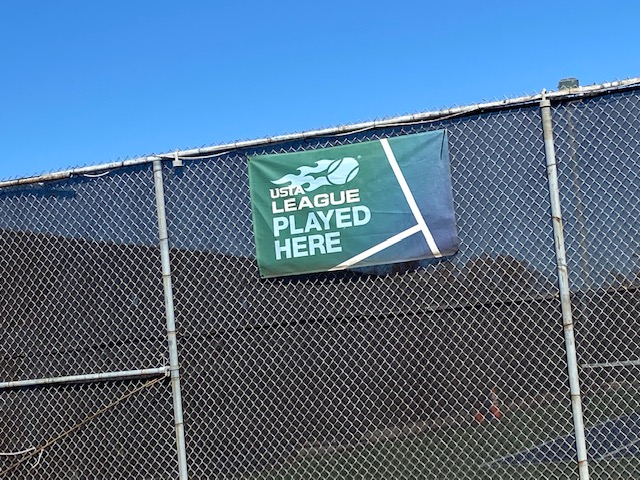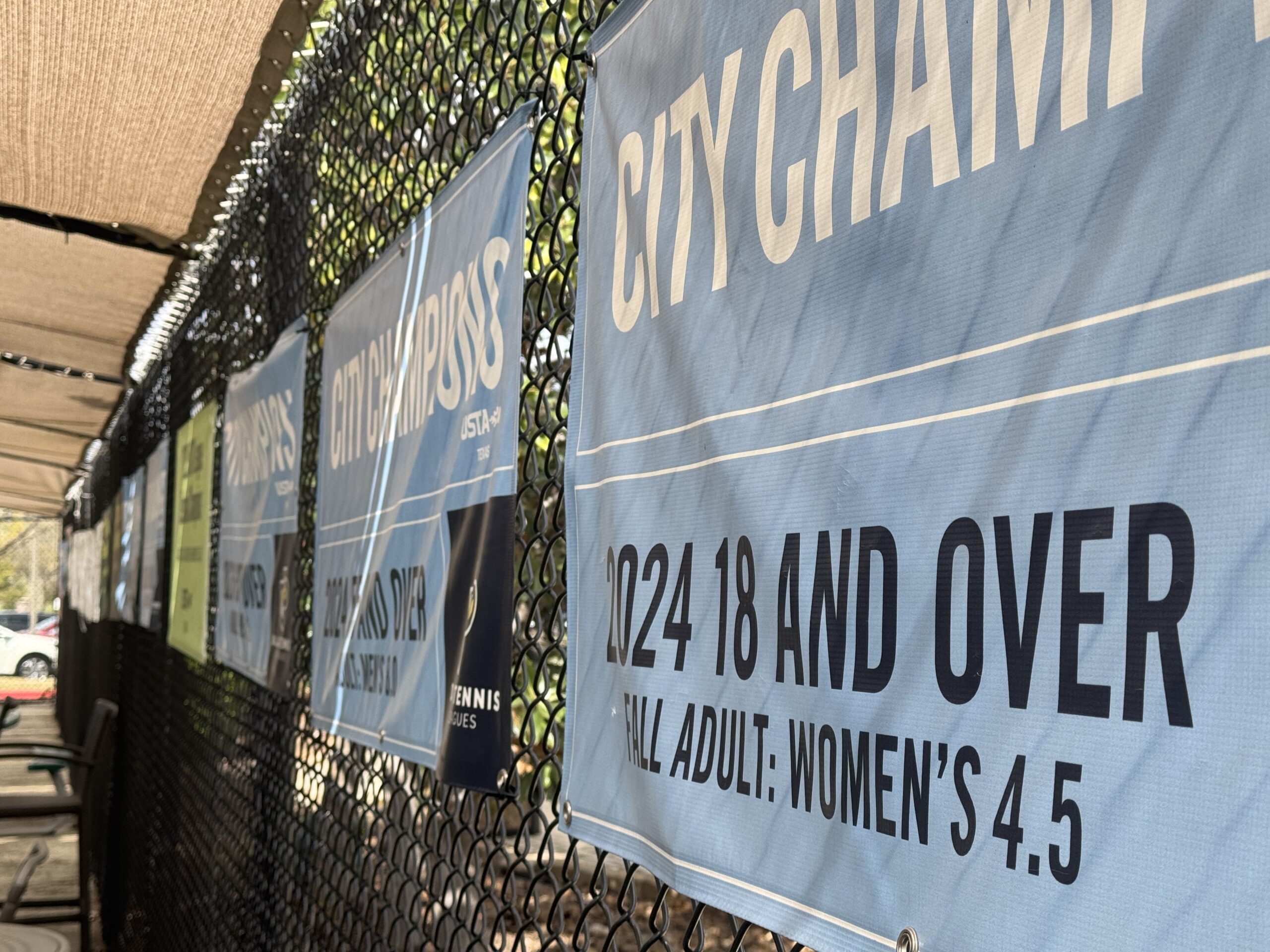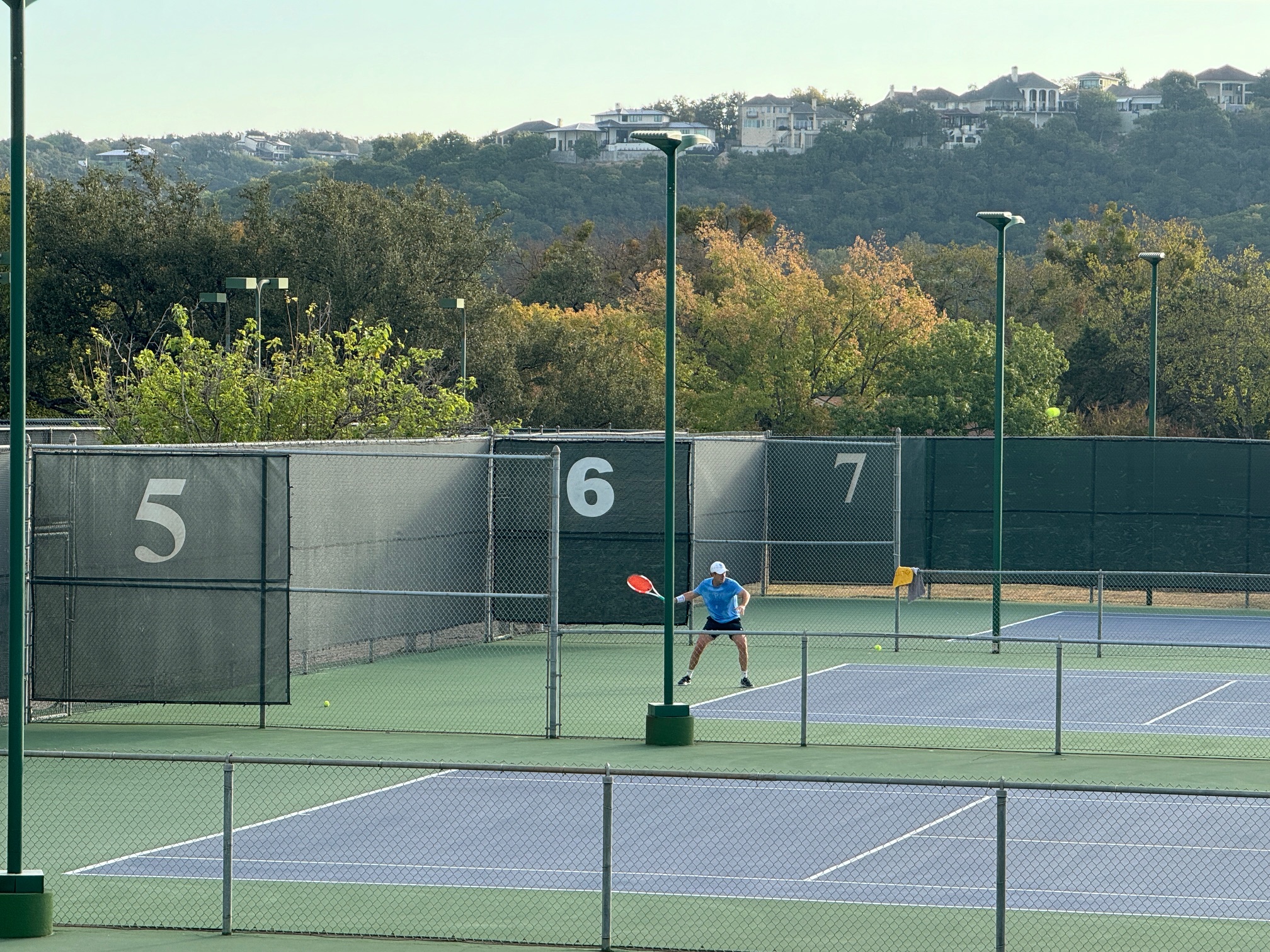Losing a point is figuratively painful. Sometimes losing a point is literally painful. This brings us to the topic of a player losing a point due to direct contact with the ball. The actual wording of the rule makes this sound gentle and innocuous. The modern tennis vernacular for losing a point in this manner is “getting pegged.” If the ball was delivered with enough velocity, this is can also be known as the “Wilson Tattoo.”
The point is lost if:
i. The ball in play touches the player or anything that the player is wearing or carrying, except the racket.
USTA Friend at Court, ITF Rules of Tennis, Section 24
To be clear, usually this “touch” is inadvertent and unavoidable due to the velocity of the ball. There are a lot of examples on YouTube of players being pegged by their opponents. I selected the following one because it features three icons of the historic game: Ivan Lendl, Vitas Gerulaitis, and of course the argyle print tennis shirt. I always loved that argyle print.
There are some voluntary scenarios associated with this rule. If a player intentionally catches a ball clearly heading out, then the point goes to the opponent. This seems like an opportune moment to mention that doing this in practice as a convenience, develops a habit that may emerge during match play. Practice like you play, people.
I also wanted to show a clip of a player being hit by a serve, but couldn’t find one. For the first time, I am gratuitously including a clip that almost but not exactly illustrates the point. This is Jelena Ostapenko (sort of) hitting Alize Cornet with a serve at Wimbledon.
The clip isn’t exactly pertinent to today’s rule since Cornet managed to fend off the shot with her racquet rather than actually being pegged. Had the ball hit Cornet rather than her racquet, it would have been a perfect illustration of how this rule can be asserted off a serve.
This has actually happened in a couple of my own matches in recent memory. The most notable was the first point of a match tie-breaker at Intersectionals. The served ball hit my partner’s foot as she attempted to leap away. Like the clip of Cornet’s reaction, it is a sucky way to lose a point. Unlike that situation, all four of the players on my court were well aware of the rule. We are older and wiser, I guess.
As evidenced by the fact that there is at least one tennis ball shaped bruise on my body at all times, the application of this rule comes up with some degree of regularity in my matches. I don’t mind. A ball hit at me is a ball hit to me, which is a ball that I have a reasonable chance to return. It’s those pesky shots in the corners that are truly the issue.
- United States Tennis Association (2020) Friend at Court. White Plains, NY



